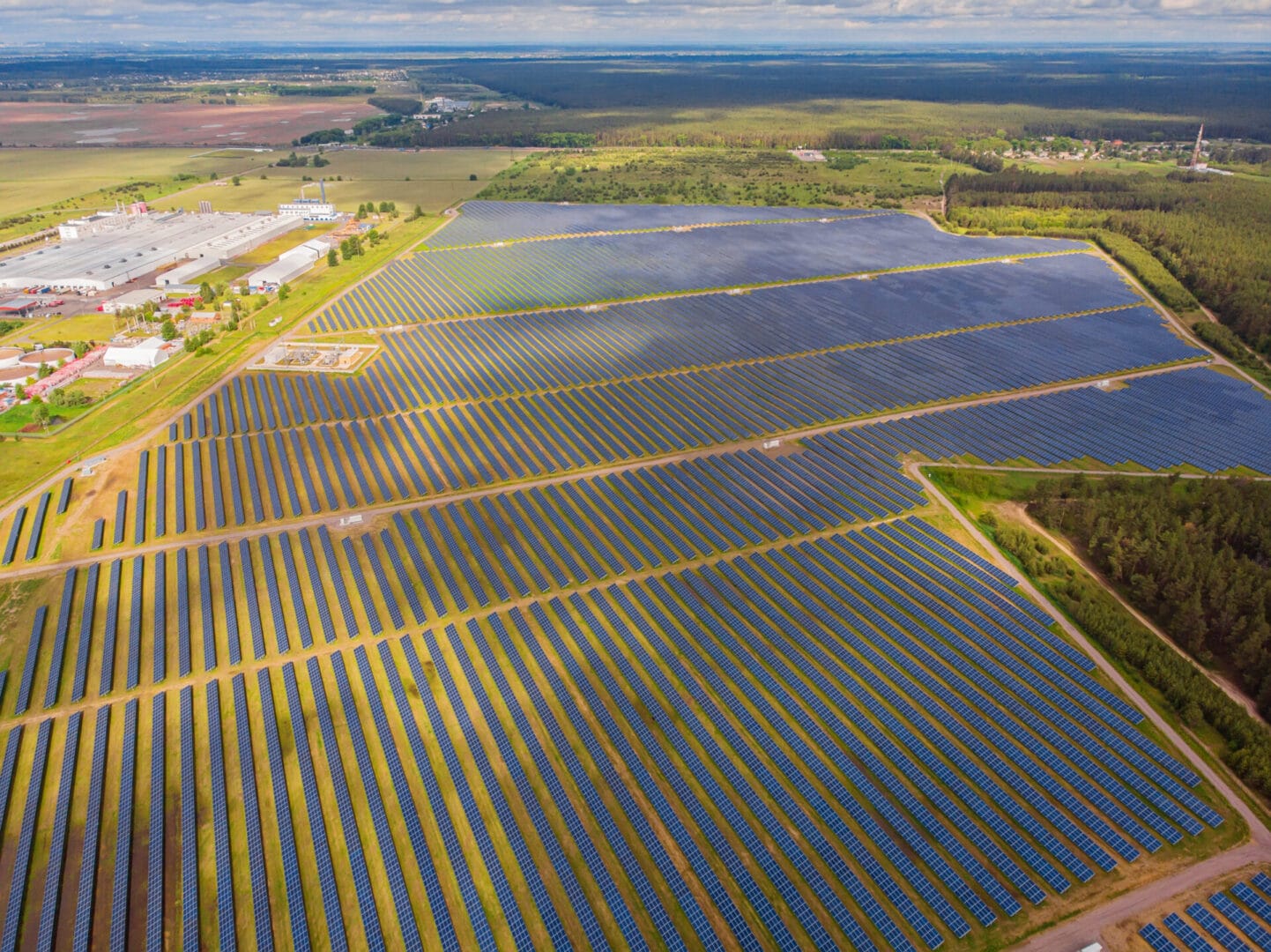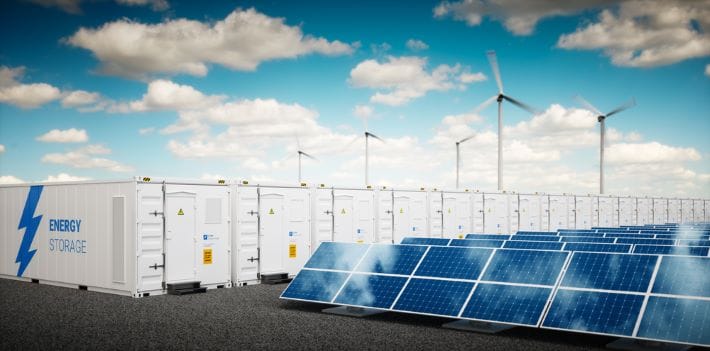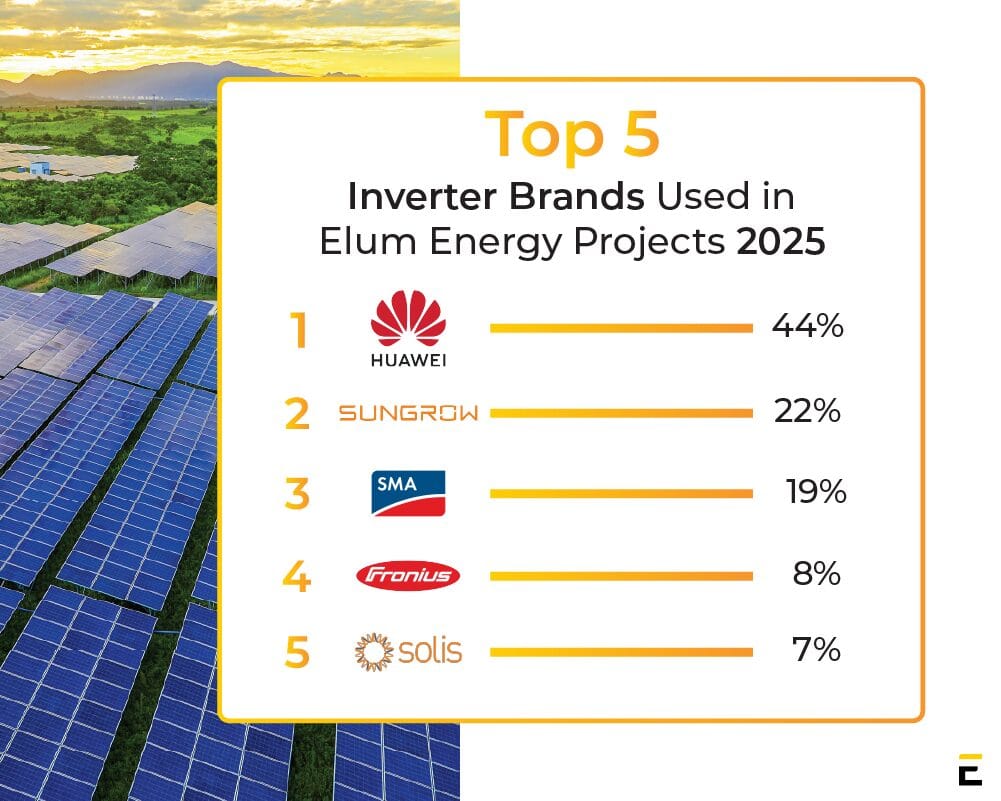Homepage > Datalogging
ePowerLog Series
Universal solar datalogger
systems that seamlessly integrates PV plants, diesel generators,
and battery storage.
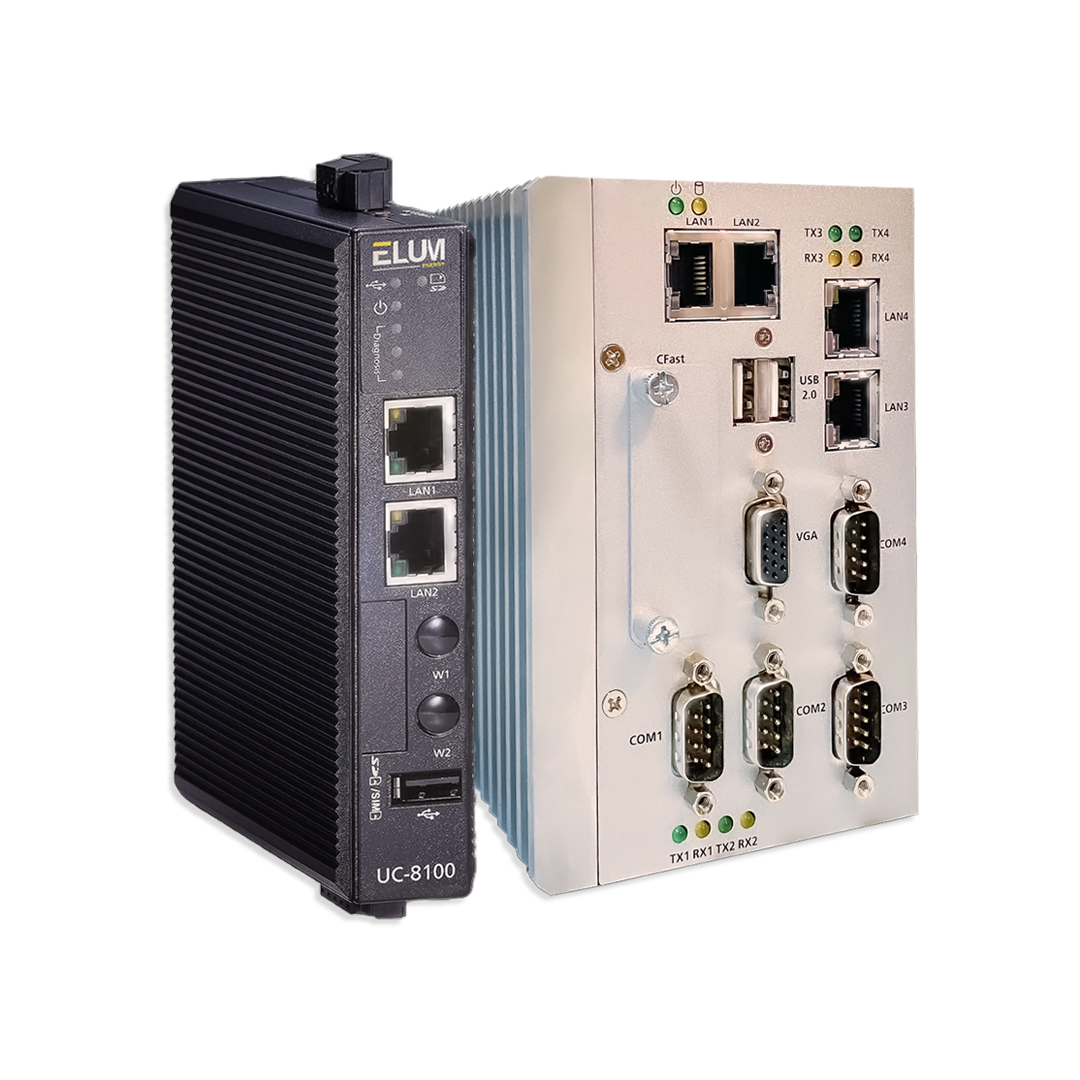
Data monitoring and analysis designed for your energy management needs
Integrate PV + diesel system seamlessly to minimize fuel consumption. Regain autonomy on your site with easy setup and operation of your site, ensuring reduced LCOE.
Why choose ePowerLog?
Gain valuable insights
Enhanced Data Integrity
Effortless Data Export and Visualization
Multiple data export and visualization options, allowing local access through USB or Modbus Gateway, and remote access via ePowerMonitor, our energy monitoring software, or compatible third-party monitoring platforms.
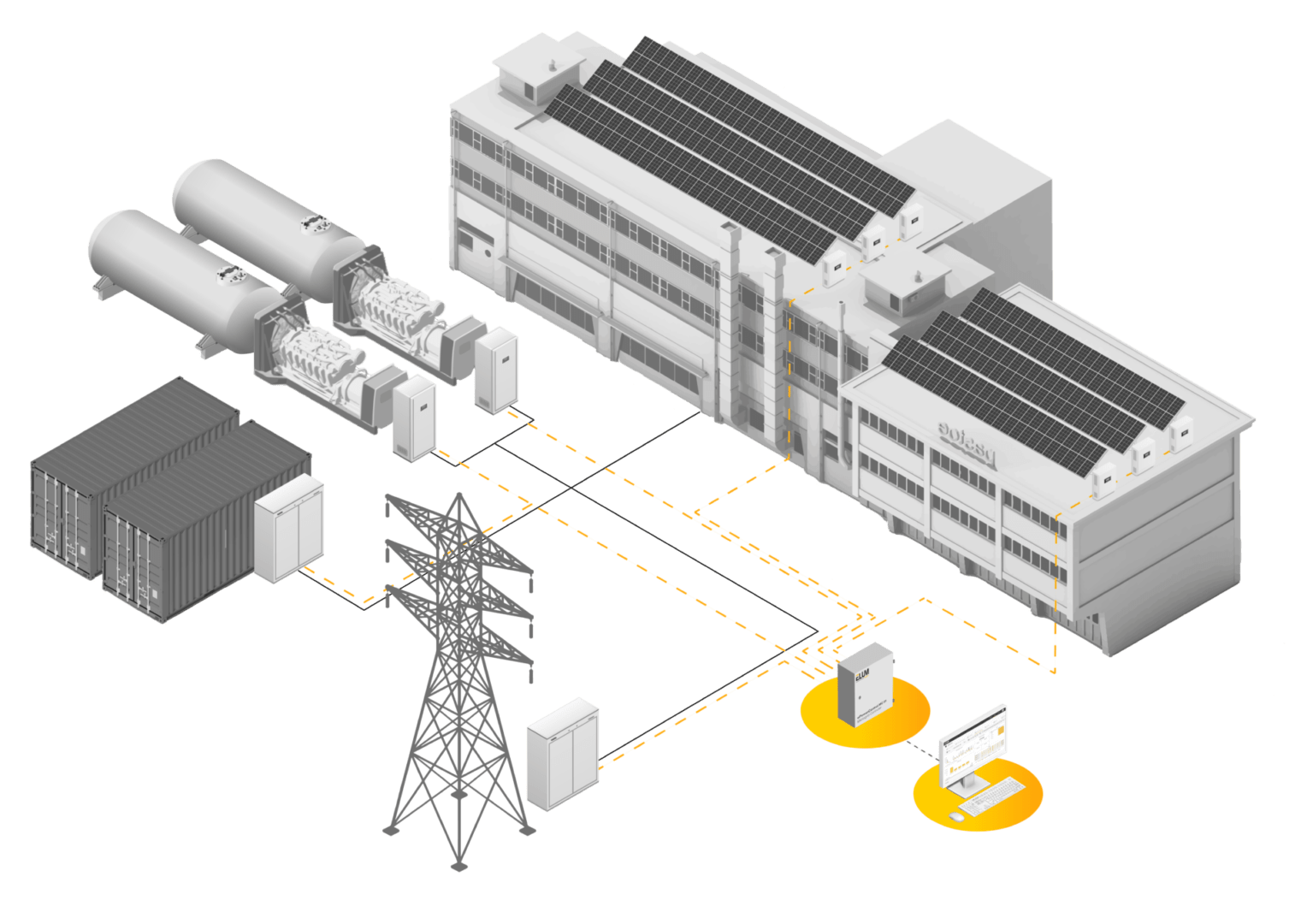
How does our solar datalogger work?
Data logging
Local parameter edition
One interface to edit site equipment parameters (setpoints)
Avoid fluctuations
Multiple data export and visualization options:
- local via USB and Modbus Gateway
- remote through ePowerMonitor and compatible third-party platforms
Additional services
Commissioning support
Remote assistance from qualified Elum engineer to support local commissioning team
Discover our tailored compact solution
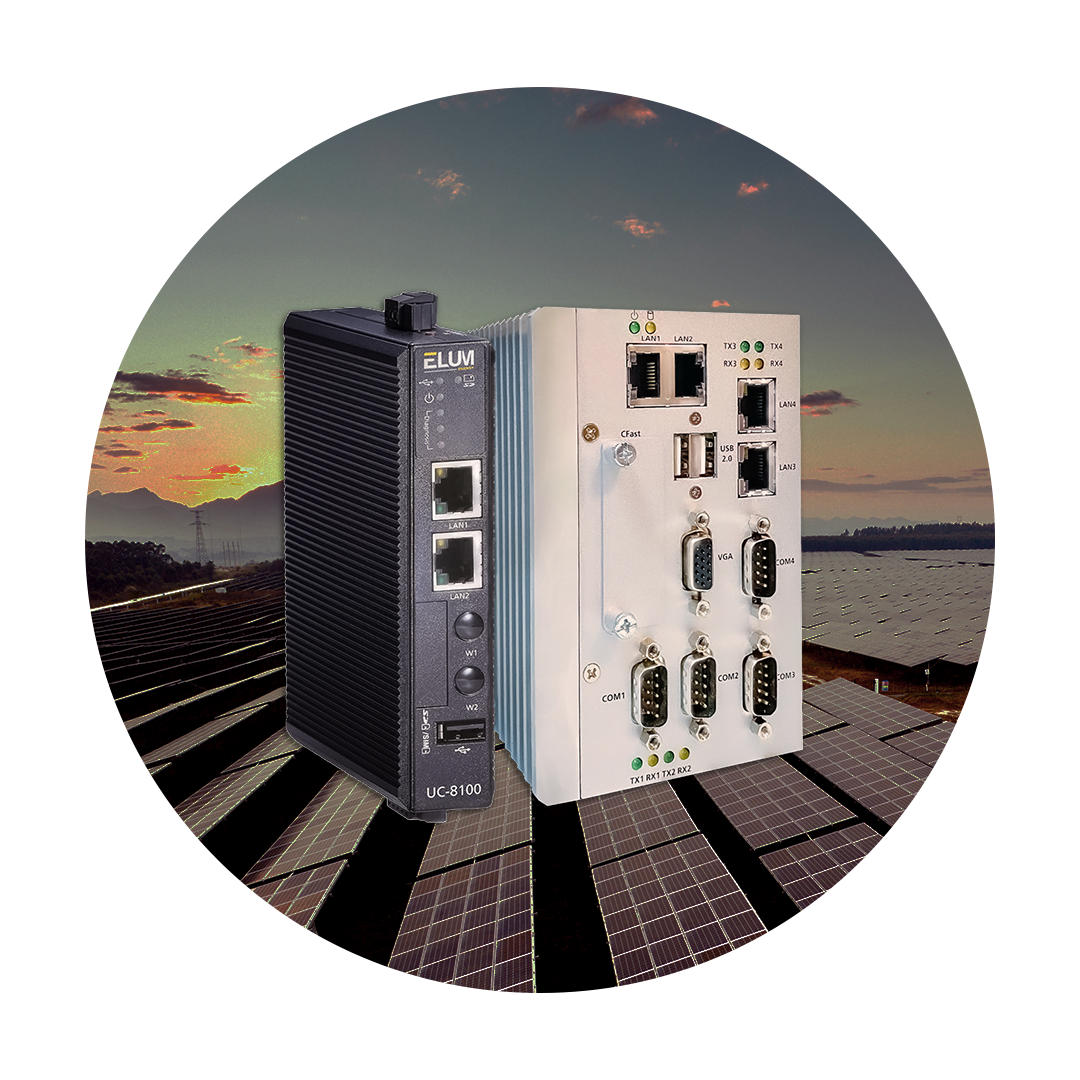
ePowerLog Compact
ePowerLog Compact is a universal datalogger designed for solar energy systems with capacities under 500 KWp.
Remote access & exportation of data: By using ePowerMonitor, or any other compatible third-party monitoring platforms.
Elum has maximized the monitoring of many hybrid power plants worldwide
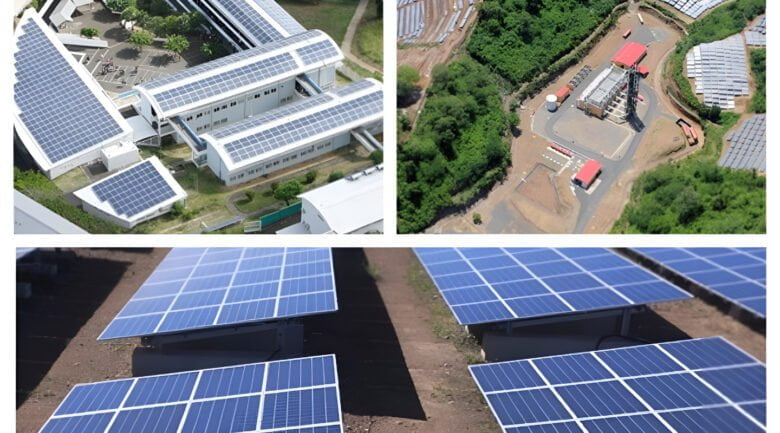
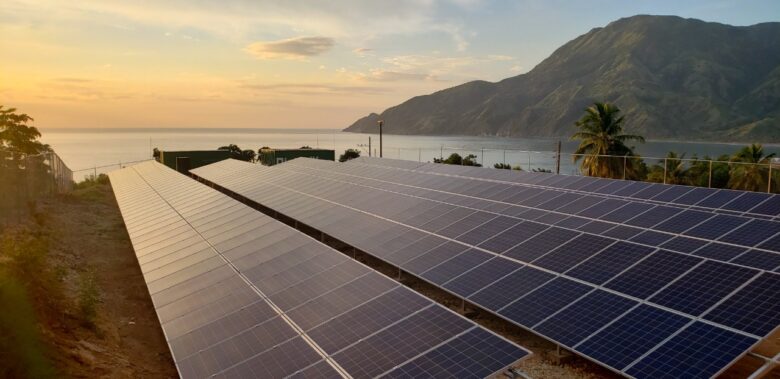
Frequently asked questions
Which applications are suited to the ePowerLog series?
ePowerLog is suited for the monitoring of solar energy systems integrating PV plants, grid, diesel generators and/ or battery storage systems.
Where can I access the data?
Multiple ways for data export and visualisation are available:
- Locally, over USB, and Modbus gateway (to connect to 3rd party Modbus master).
- Remotely, using Elum ePowerMonitor or compatible third-party monitoring platforms (FTP push, API integration).
Can I define the KPIs to be tracked by the logger?
- PV inverter data and alarms
- Gensets data and alarms
- BESS data and alarms
- Grid data and alarms
- Weather station data
- Sensors data (Irradiance, temperature…)
- TIC (or impulsion) meter data ¹
- I/O modules
- Linked devices status

